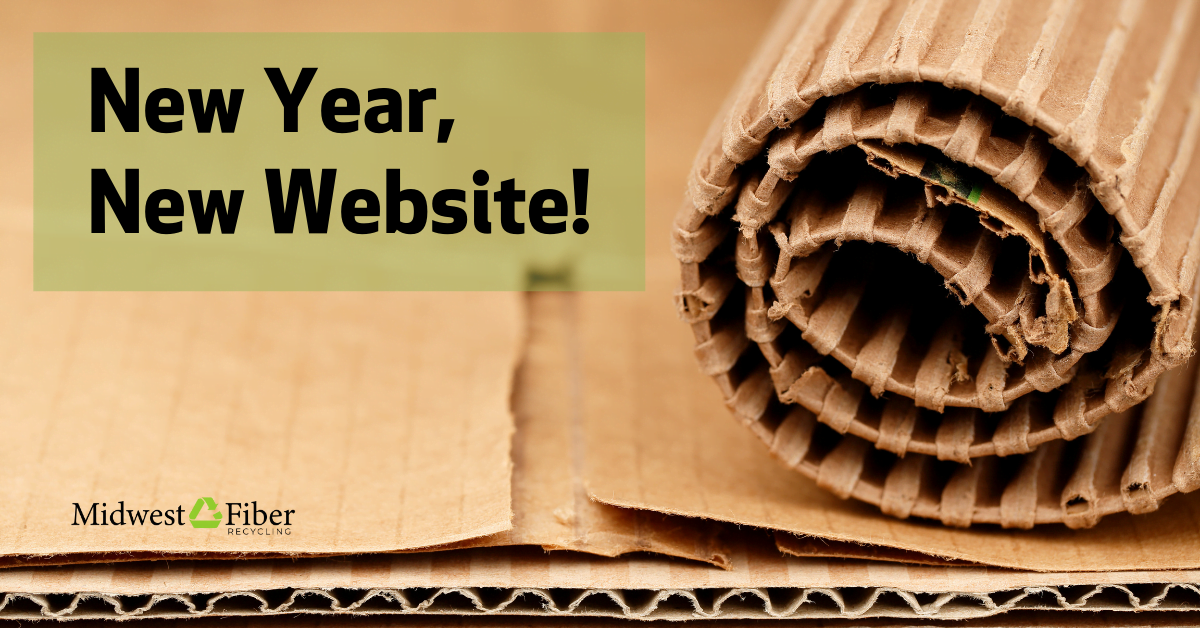A New Midwest Fiber Website
At Midwest Fiber, the heart of our mission is to serve our customers to the best of our ability. To that end, we’re excited to launch our brand new website in this new year! We’ve worked hard to redesign our site so that you can easily locate helpful information like contact numbers and forms to request a quote. You’ll find a comprehensive list of our service offerings as well as resources that can help you learn the basics of environmental education and what your environmental impact looks like. Meet our team and learn the history of Midwest Fiber and the future of recycling.
And as always, you can conveniently pay online.
If you haven’t visited in a while, today is a great day to visit midwest-fiber.com and see the improvements for yourself!
Recycling Loading Guide
You may not realize it, but how you load your recyclables matters. A properly packed trailer can maximize weight, decrease the time and labor costs, and decrease the risk of damage and injury! At Midwest Fiber, we’re committed to helping our customers make the most of their recycling program. So we’ve included an incredibly helpful trailer loading guide on our new website. You can find it along with other helpful information under the Resources menu.
Realtime Portal
Customers of Midwest Fiber can log in to the customer recycling portal for immediate, real-time information on your payment, pricing, and shipping details. This valuable tool is free to all Midwest Fiber customers and available 24/7 through our new website. Log in to find out your environmental impact, or verify your load details and statuses.
Learn more about everything the Midwest Fiber customer portal can do by visiting our new website. Or feel free to contact us at 309-452-0064, and a representative will be happy to discuss the portal with you.
Virtual MRF
Ever wondered what happens to your recyclables once they leave your location? Visit our virtual materials recovery facility or MRF. Stop at each of the 11 locations on the map to find out what happens at each station. Learn how we use machines to take the collected material and sort it so that it can be baled and shipped off to be made into new materials.



